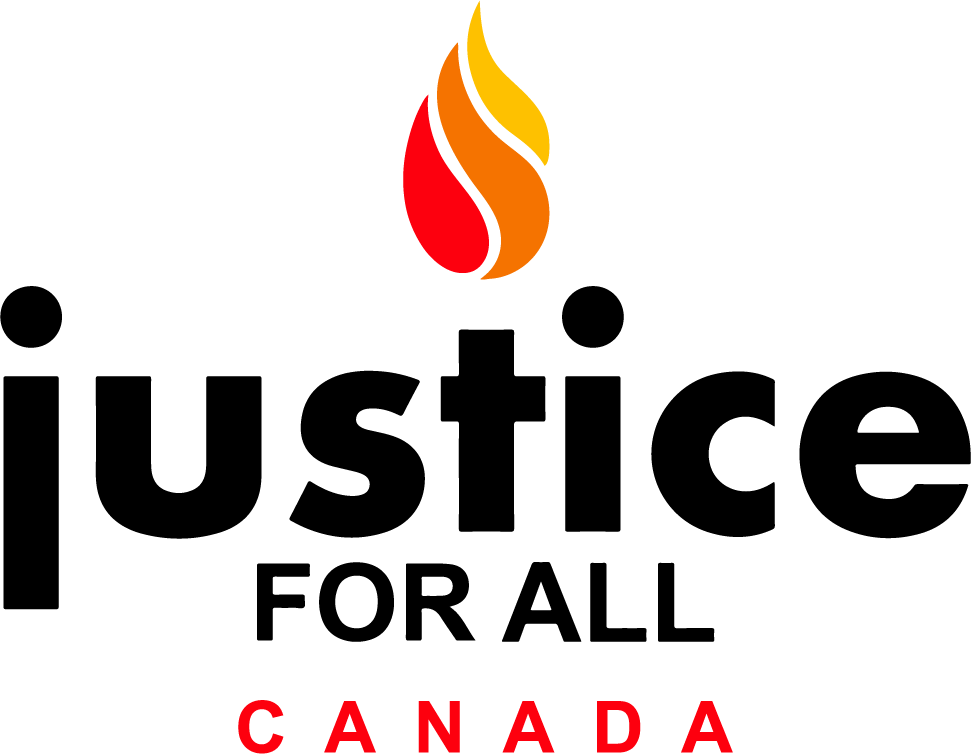Canada Pursues Human Rights in New Indo-Pacific Strategy
November 28th, 2022
The Canadian government has introduced an ambitious Indo-Pacific Strategy with five objectives to “deepen Canada’s engagement in the Indo-Pacific.” According to Global Affairs Canada, the Indo-Pacific comprises 40 countries, including India and China, two of the largest global economies alongside Japan.
Justice For All Canada supports economic development and international trade with bilateral partners in this region. We thank those federal ministers working to prioritize the economic interests of Canadian citizens, especially as Indo-Pacific countries will soon represent more than half of the world’s economy.
Following years of advocacy and demanding action amid ongoing degradation of democracy, religious freedoms and human rights in critical Indo-Pacific regions, we also uphold Canada for finally obliging to defend these realities experienced by vulnerable minorities in India, China, Sri Lanka and Myanmar through this strategy.
The strategy is a promising step towards combating arbitrary detention and crimes against humanity. Our team has repeatedly spoken with both the Foreign Affairs and Trade Ministers on these exact human rights issues mentioned in the strategy, including;
We expressed that growing Canada’s economy must be implemented with respect for global human rights. Today, activists in Canada cautiously celebrate a milestone for international peace and security.
“Increased multilateral trade should pursue both economic welfare and human rights protection; these things go hand in hand under international law. We’re glad to see that Canada’s economic development is being planned together with higher human rights standards globally,” said Taha Ghayyur, Executive Director of Justice For All Canada.
Canada and India
Activists are disappointed that Canada’s Indo-Pacific Strategy continues to call India “the world’s biggest democracy.”
Indian Prime Minister Modi’s nationalist government has replaced democracy with intolerant Hindu supremacist majoritarianism over ideals of pluralism, religious tolerance and equal citizenship, which the country was founded on in 1947.
In 2021, the US-based Freedom House downgraded India to “partly free” after Modi’s regime used government machinery, disinformation, and intimidation by partisan mobs to silence critics and dehumanize India’s Muslims, the nation's largest minority group.
Human rights aspects of Canada’s Indo-Pacific Strategy should be implemented in compliance with United Nations findings, agreements and provisions on India.
The strategy must reflect the ground situation of impacted minorities in India and elsewhere.
Canada must not use the strategy solely to maintain access to India’s large market for Canada’s benefit and as a strategic counterweight to China.
The Canadian government has introduced an ambitious Indo-Pacific Strategy with five objectives to “deepen Canada’s engagement in the Indo-Pacific.” According to Global Affairs Canada, the Indo-Pacific comprises 40 countries, including India and China, two of the largest global economies alongside Japan.
Justice For All Canada supports economic development and international trade with bilateral partners in this region. We thank those federal ministers working to prioritize the economic interests of Canadian citizens, especially as Indo-Pacific countries will soon represent more than half of the world’s economy.
Following years of advocacy and demanding action amid ongoing degradation of democracy, religious freedoms and human rights in critical Indo-Pacific regions, we also uphold Canada for finally obliging to defend these realities experienced by vulnerable minorities in India, China, Sri Lanka and Myanmar through this strategy.
The strategy is a promising step towards combating arbitrary detention and crimes against humanity. Our team has repeatedly spoken with both the Foreign Affairs and Trade Ministers on these exact human rights issues mentioned in the strategy, including;
- Universal human rights for Uighur Muslims
- Accountability for Sri Lankan and Rohingya victims of war
- Government advocacy for India’s religious minorities, particularly Muslims
- Empowerment for Rohingya refugees
We expressed that growing Canada’s economy must be implemented with respect for global human rights. Today, activists in Canada cautiously celebrate a milestone for international peace and security.
“Increased multilateral trade should pursue both economic welfare and human rights protection; these things go hand in hand under international law. We’re glad to see that Canada’s economic development is being planned together with higher human rights standards globally,” said Taha Ghayyur, Executive Director of Justice For All Canada.
Canada and India
Activists are disappointed that Canada’s Indo-Pacific Strategy continues to call India “the world’s biggest democracy.”
Indian Prime Minister Modi’s nationalist government has replaced democracy with intolerant Hindu supremacist majoritarianism over ideals of pluralism, religious tolerance and equal citizenship, which the country was founded on in 1947.
In 2021, the US-based Freedom House downgraded India to “partly free” after Modi’s regime used government machinery, disinformation, and intimidation by partisan mobs to silence critics and dehumanize India’s Muslims, the nation's largest minority group.
Human rights aspects of Canada’s Indo-Pacific Strategy should be implemented in compliance with United Nations findings, agreements and provisions on India.
The strategy must reflect the ground situation of impacted minorities in India and elsewhere.
Canada must not use the strategy solely to maintain access to India’s large market for Canada’s benefit and as a strategic counterweight to China.
